In our latest podcast, neurocare’s Dr. Trevor Brown interviews Dr. Tomas Ros, a neuroscientist at the Center for Biomedical Imaging, University of Geneva. Dr. Ros shares groundbreaking insights into neurofeedback and EEG microstates in diagnosing and treating mental health disorders. They discuss personalized neurofeedback protocols for ADHD, emphasizing the need for tailored treatments based on specific brain biomarkers and the potential of EEG microstates to improve clinical outcomes. Dr. Ros also explores neurofeedback for PTSD, highlighting promising results in altering brain wave patterns to alleviate symptoms, while noting the necessity for further research before widespread clinical implementation.
Dr. Ros’s work underscores the diagnostic potential of EEG microstates for ADHD, PTSD, and schizophrenia, offering new avenues for personalized treatment. He envisions a future where neurofeedback and EEG analysis are integral to mental health care, with advancements in technology and machine learning enhancing the precision and effectiveness of these interventions. This conversation is invaluable for professionals and patients seeking to understand the transformative potential of these innovative approaches in improving mental health outcomes.
About the series:
The neurocare group is a global network of experts in neuroscience, psychology, and engineering, with a mission to empower best practices and bring innovative and sustainable mental health techniques to more patients in need through our network of clinics.
Through this interview series, the head of the neurocare Academy, Dr Trevor Brown, interviews leading minds in this field, to present the state of research and possibilities and effective models of care in mental health and cognitive performance.
#Neurofeedback, #ADHD, #EEG, #PTSD, #Biomarkers, #Psychiatry, #Treatments, #BrainFrequencies, #TranscranialMagneticStimulation, #Schizophrenia, #Pharmacotherapy, #ClinicalSymptoms, #RandomizedControlTrials, #PersonalizedInterventions, #TechnologicalAdvancements, #Trauma, #AlphaRhythm, #DefaultModeNetwork, #Hypervigilance, #SensoryProcessing, #PrefrontalCortex, #AnteriorCingulate, #EmotionalStates, #HomeostaticAdaptation, #BrainRegions, #Meditation, #EEGAnalysis, #CognitiveFunction, #AI, #MachineLearning, #QuantitativeEEG, #PsychiatricDisorders, #NeurologicalDisorders, #CognitiveRegulation
To learn more about the neurocare group and its mission visit www.neurocaregroup.com
If you are a patient looking for more information about these techniques or to find one of our clinics worldwide, visit www.neurocaregroup.com/patients/
Are you a practitioner interested in learning how you can apply TMS and other neuromodulation techniques in your own practice?
Learn from the experts at neurocare Academy on our LMS (lms.neurocaregroup.com)
neurocare Academy also offers in-person training and supervision in workshops throughout the world. For more information visit: www.neurocaregroup.com/academy/
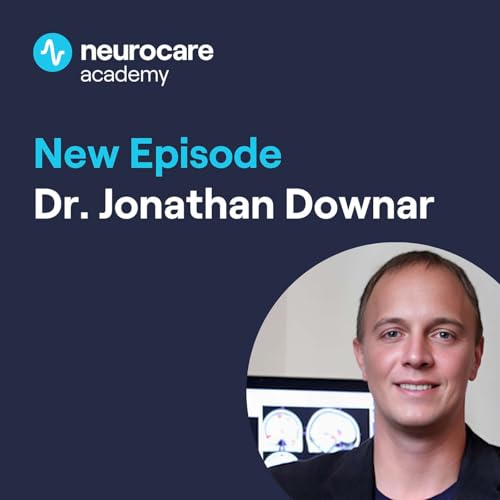 45 min
45 min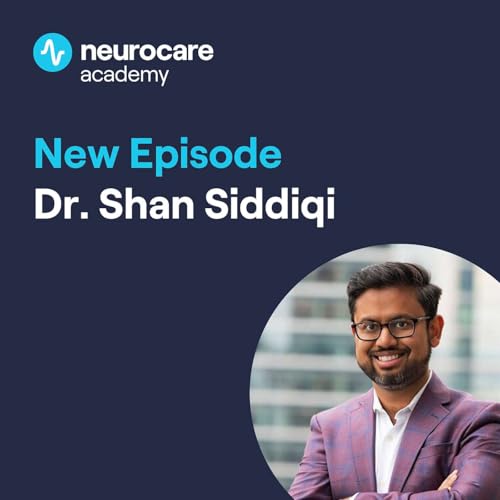 Sep 15 202537 min
Sep 15 202537 min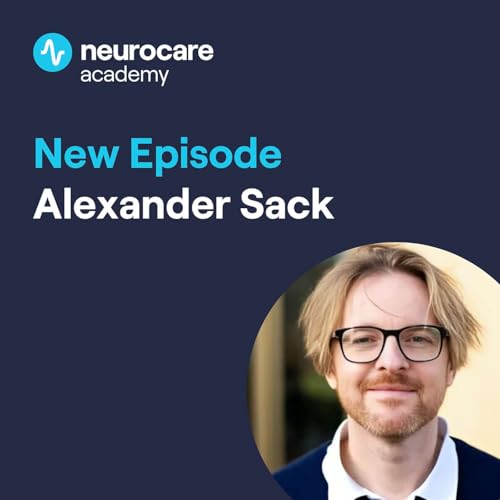 Feb 7 202552 min
Feb 7 202552 min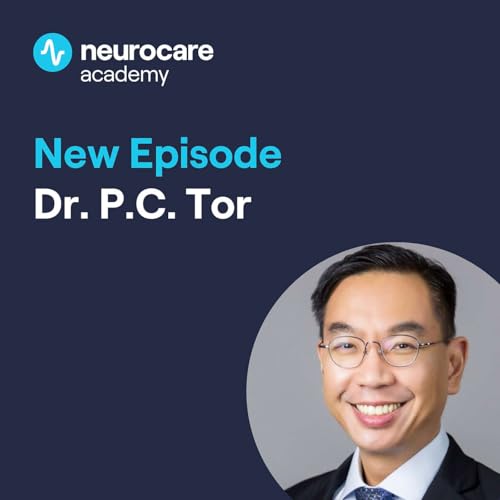 Oct 23 202458 min
Oct 23 202458 min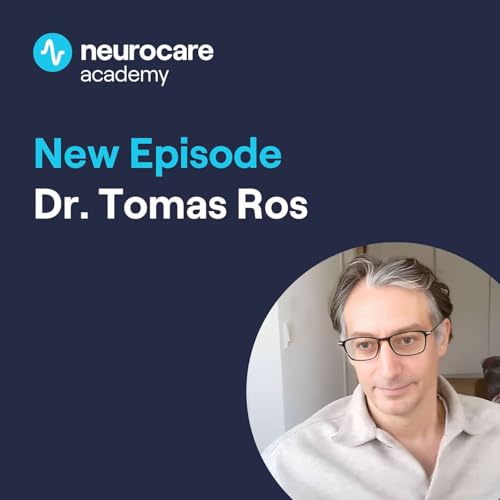 Aug 26 20241 h et 9 min
Aug 26 20241 h et 9 min 1 h et 1 min
1 h et 1 min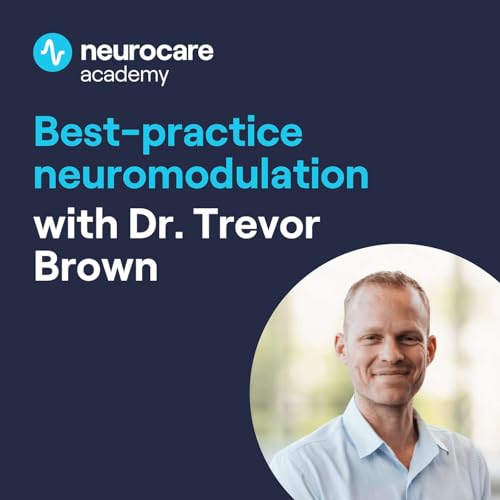 1 h
1 h 42 min
42 min
